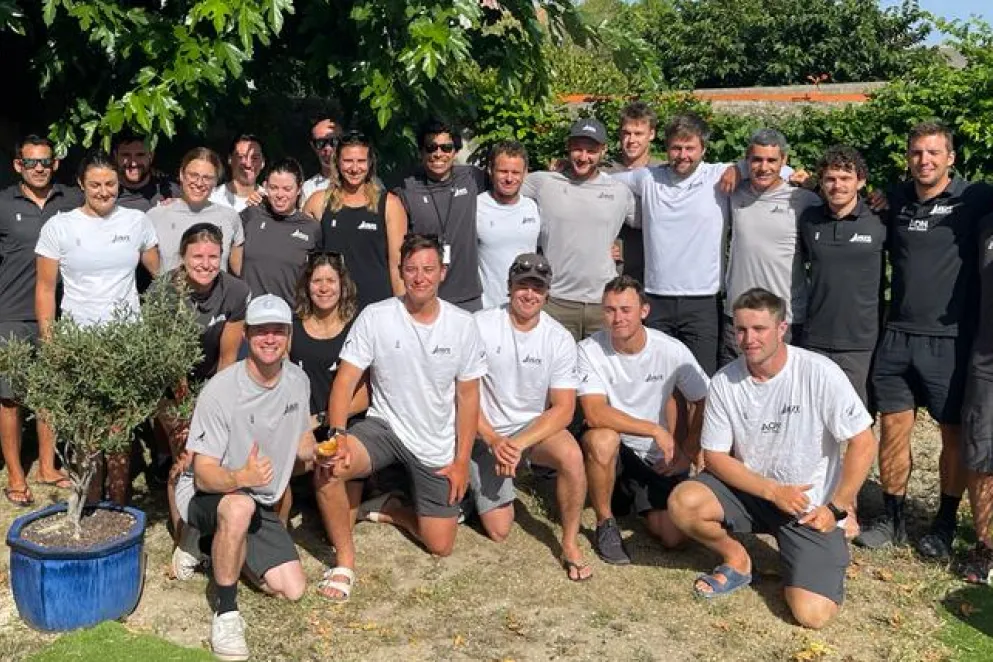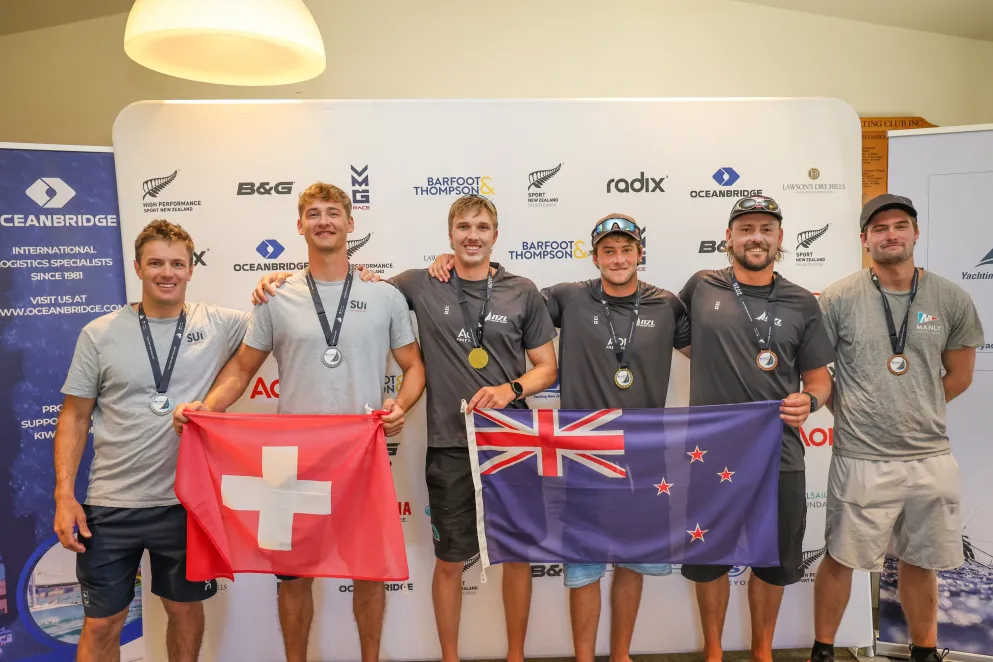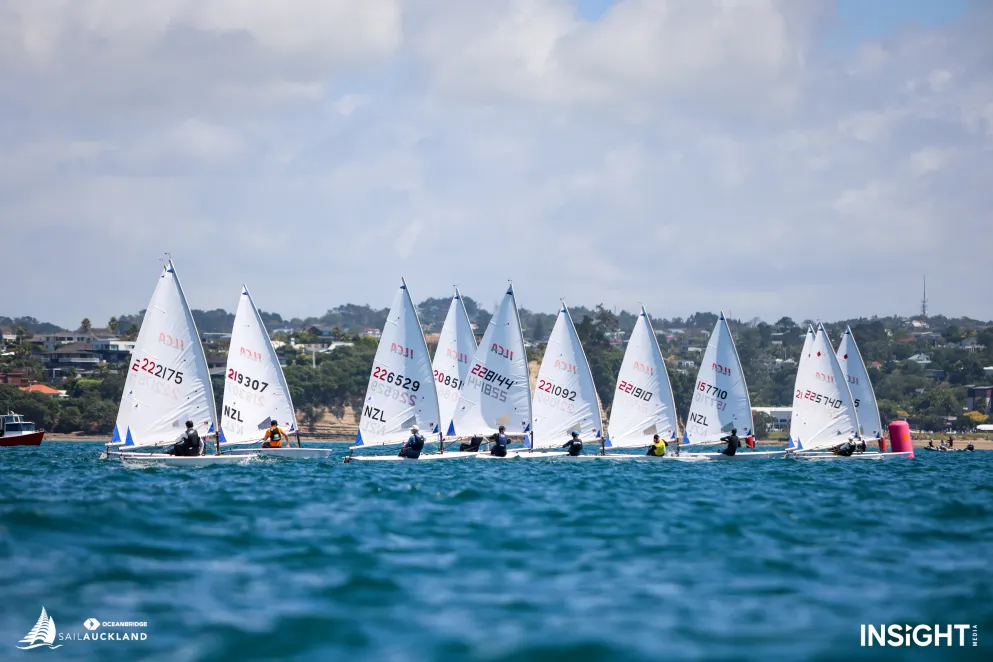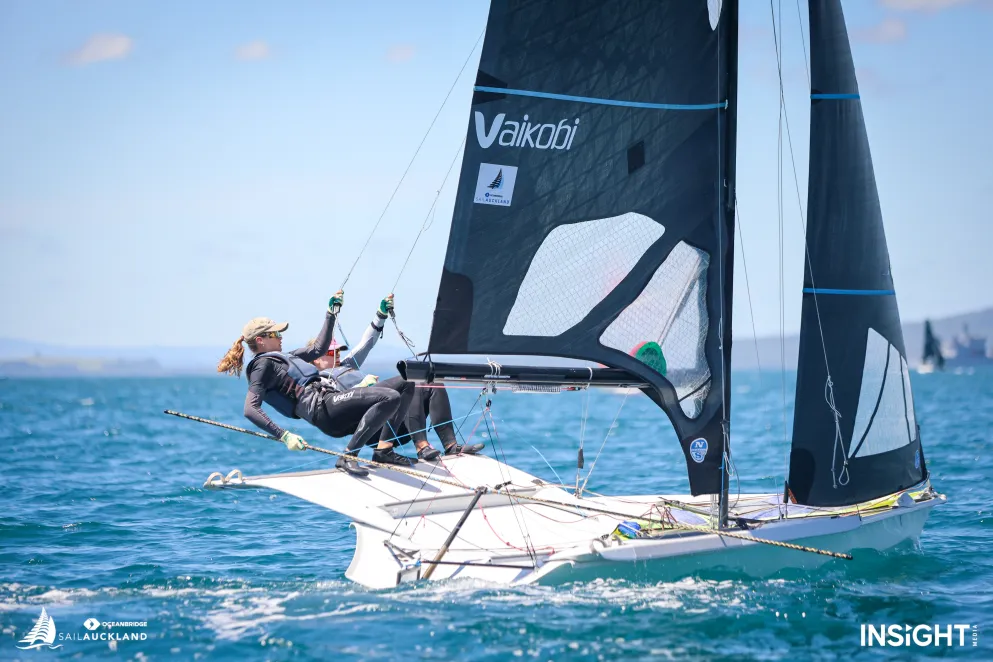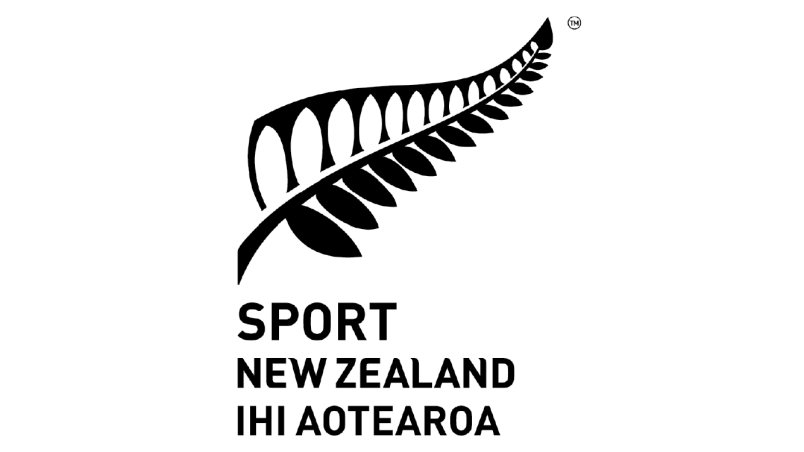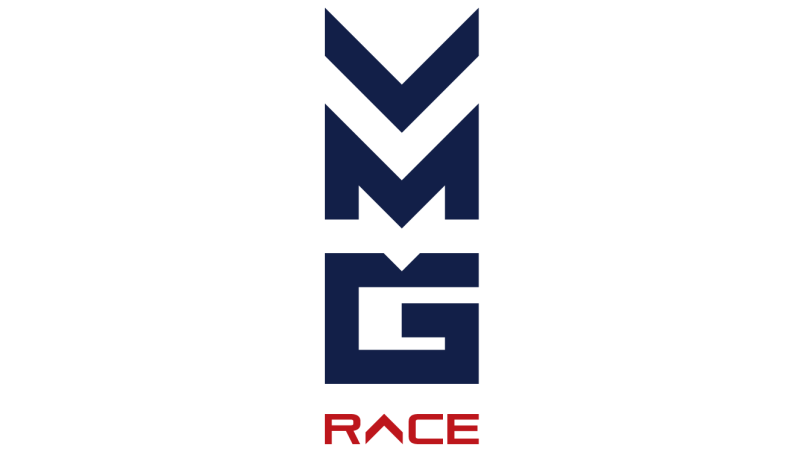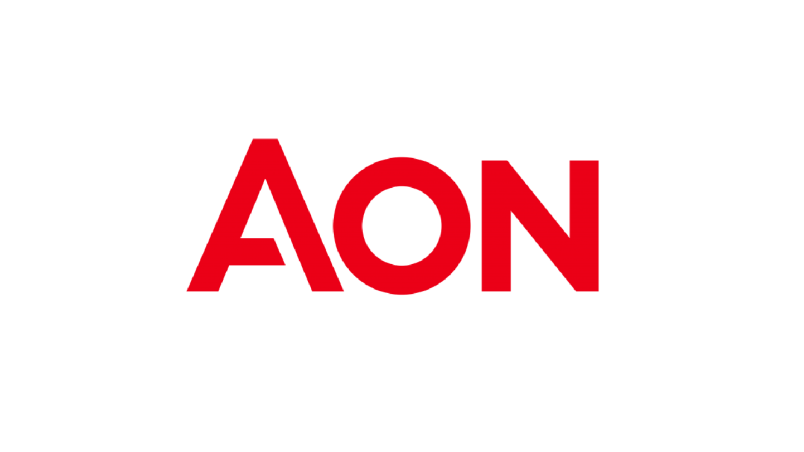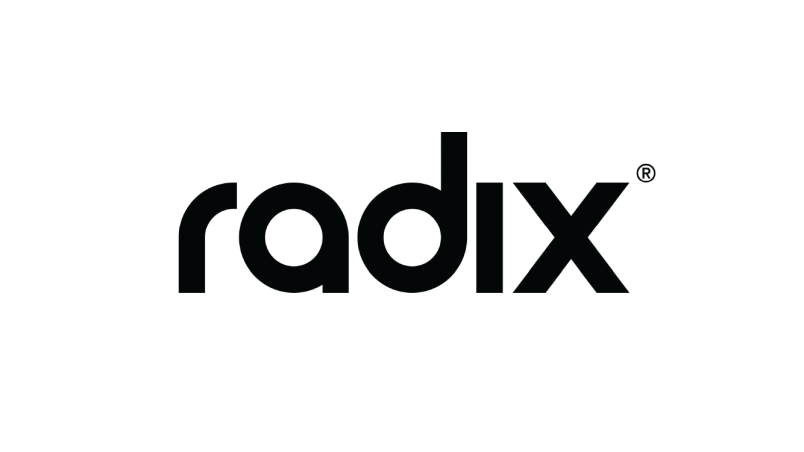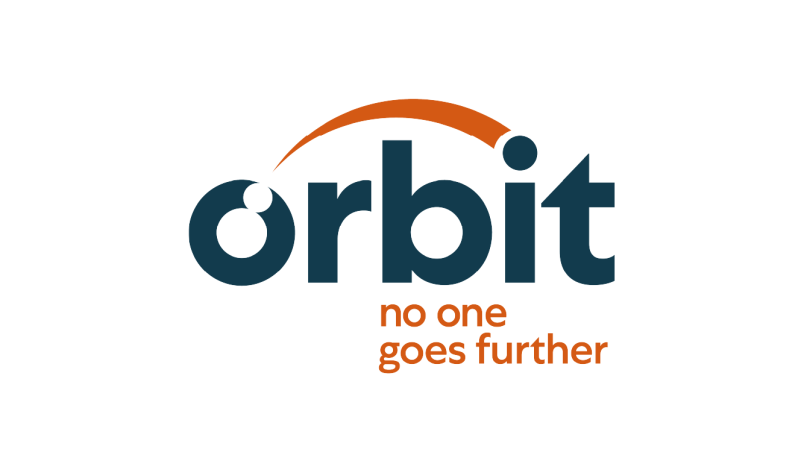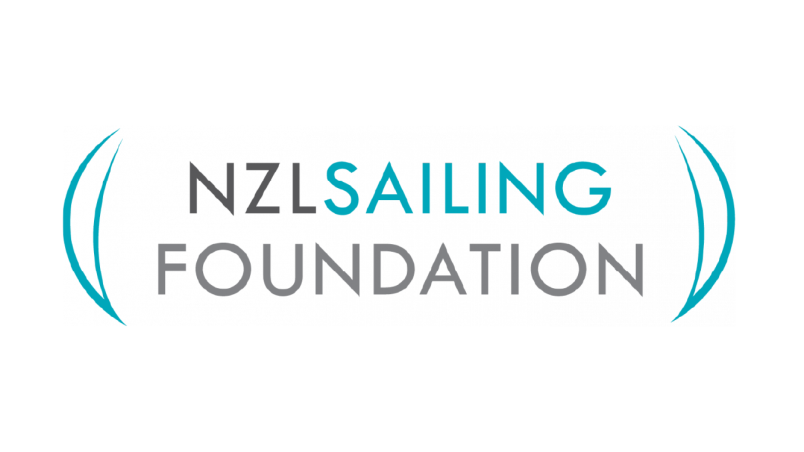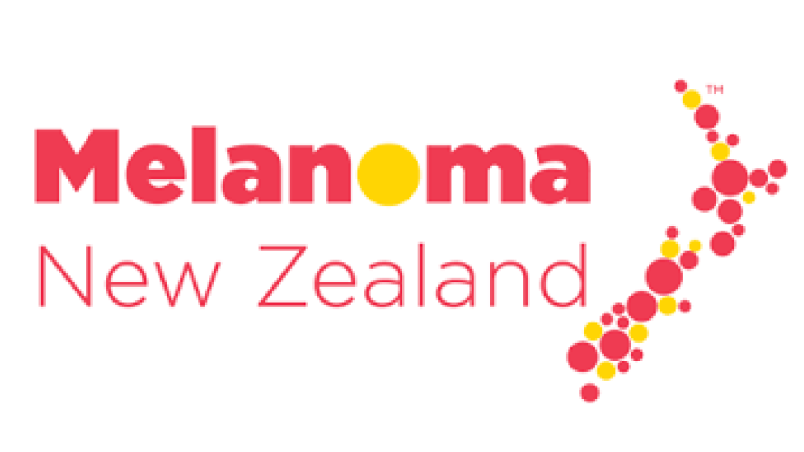Olympic test event: All you need to know
The Olympic test event starts around 10pm on Sunday night (NZ time) and is considered a key milestone on the road to the Paris Olympic Games in 2024.
Here is all you need to know about the regatta.
What is the 2023 Olympic test event and why is it important?
Organisers of Paris 2024 have scheduled a series of test events to allow competitors to fine-tune their preparations in the build-up to the Olympic Games and Paralympic Games in July and August next year - when the eyes of the world will be on the French capital.
"Test events are part of a global programme, which we internally call 'readiness'," said Paris 2024 Chief Operation Officer Edouard Donnelly.
"The idea is to train the teams because we cannot fail at the Games, so we need to train a lot, we need to test all the decision-making processes and all the operational decisions."
The Marseille regatta is the first of these test events, with the last - an athletics and para-athletics meet at the Stade de France - taking place in June next year.
According to Donnelly, the test event schedule has been carefully developed taking into account the unique requirements of each sport and the different Paralympic and Olympic competition venues, in close collaboration with the relevant international federations and event delivery partners.
"This programme has two legs: the test events and the simulation work. What's a little different from previous Games is the fact we want to simplify and make sure we are sustainable in terms of environment and finances. That's why we have a testing programme adapted, sport by sport, on very specific points."
When and where is it being held?
The regatta takes place from 9 to 16 July at the Roucas-Blanc Marina in Marseille, on the shores of the Mediterranean Sea. It is the same venue where the sailing competition will be hosted during the Olympics.
"Marseille for us is a pretty important one with it being the Olympic venue. It's a great opportunity to get some time on the same race courses and get some more experience before the big dance," said 49er sailor Isaac McHardie who, along with teammate William McKenzie, will be strong medal contenders.
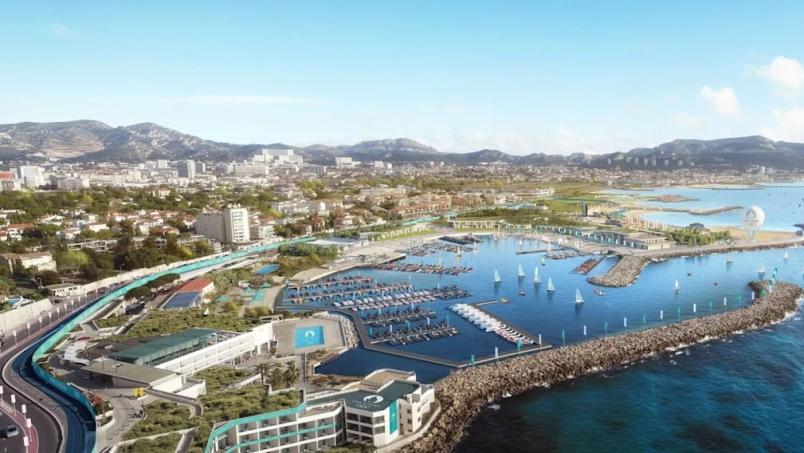
The marina is a popular point of departure for vessels and will be adapted for the Games - including the reorganisation of 17,000 sqm of outdoor spaces and the redevelopment of the basin itself to cater for approximately 14,000 spectators in seated and standing areas.
Already, some of the Kiwis in Marseille have found the changeable conditions a challenge.
"It's a pretty important regatta because this is a real test of how you can perform in Marseille, which is a very tricky and unique venue," said kitefoiler Justina Kitchen.
"We're finding water conditions and wind conditions really variable here, and every day is something new. I don't think I've had any two days here that have been the same."
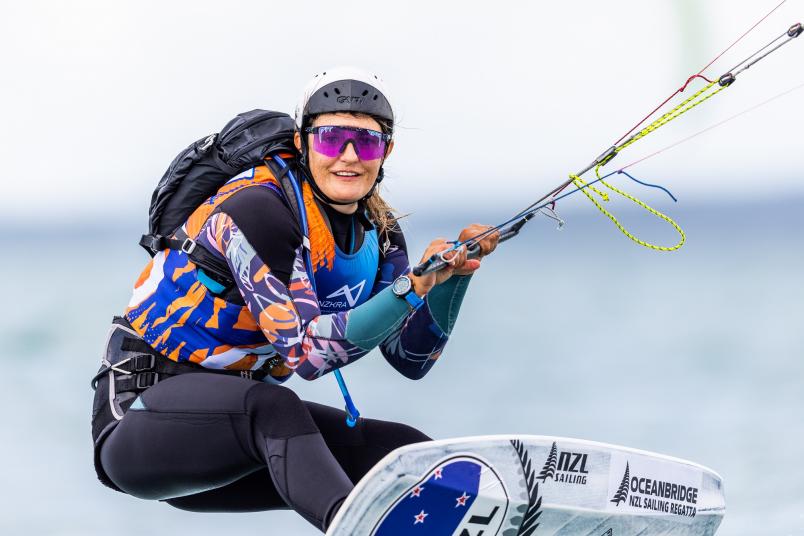
Do results at the regatta count toward Olympic selection?
No, but the experience of sailing at the Olympic venue - and against many of the same competitors who will be lining up in 12 months, is worth... well, gold, as Yachting New Zealand's high performance director Ian Stewart explains: "While it has no bearing on qualification for the Olympics itself, anyone competing at the Games will recognise the value in racing at the same venue and against similar competition to what they’ll encounter in Paris next year."
It also offers excellent preparation for the all-important sailing world championships in The Hague in early August, where many countries, including New Zealand, have their first opportunity to qualify boats and boards for the Games.
Who is competing?
Qualification for Marseille hinged on the combined results for the Princess Sofia Regatta in Palma de Mallorca and the Hyères World Cup in April/May.
Twelve sailors were selected to represent New Zealand in nine of the 10 Olympic classes - McHardie and McKenzie, Jo Aleh and Molly Meech (49er FX), Micah Wilkinson and Erica Dawson (Nacra 17), George Gautrey (ILCA 7), Olivia Christie (ILCA 6), Lukas Walton-Keim (men's kitefoil), Kitchen, Josh Armit (men's windfoil), and Veerle ten Have (women's windfoil).
Paris 2024 will be the first time windfoiling is held at the Games, while the mixed 470 will also make its Games debut.
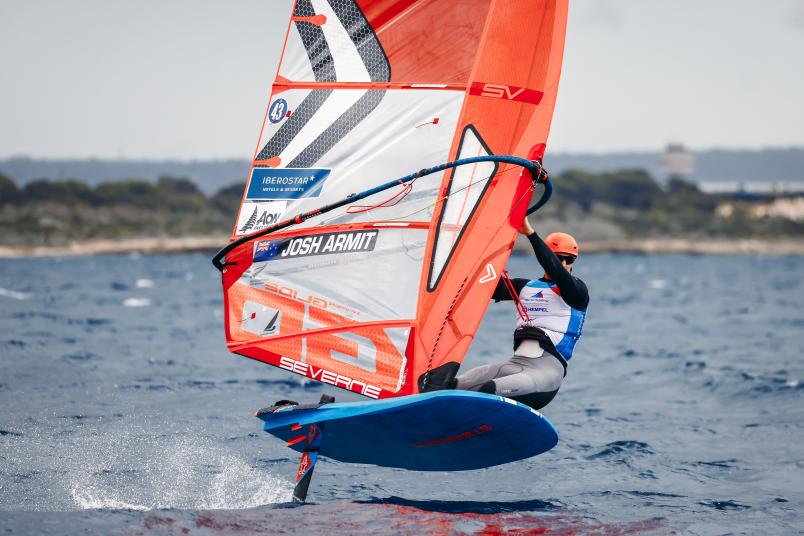
The New Zealand team will not feature anyone in the mixed 470 at the test event, however, as it is not considered an immediate priority for our crews given the very new combinations, time in the boat, and regatta results.
How have our sailors been performing this season?
McHardie and McKenzie narrowly won the nod for Marseille over Logan Dunning Beck and Oscar Gunn following a bronze medal in Palma de Mallorca and a sixth place in Hyères. Dunning Beck and Gunn won gold in Spain but finished ninth in France.
The battle for the ILCA 7 berth was equally close - with Gautrey selected ahead of former world champion Tom Saunders after winning silver at the Princess Sofia Regatta and finishing 14th a fortnight later. Saunders managed a fifth and 11th at the same events.
Aleh and Meech (17th and 34th) were picked in the 49er FX class ahead of national champions Alex Maloney and Olivia Hobbs (26th and 29th); while Wilkinson and Dawson finished third at the Lanzarote International Regatta in February and managed a top-10 in Hyères.
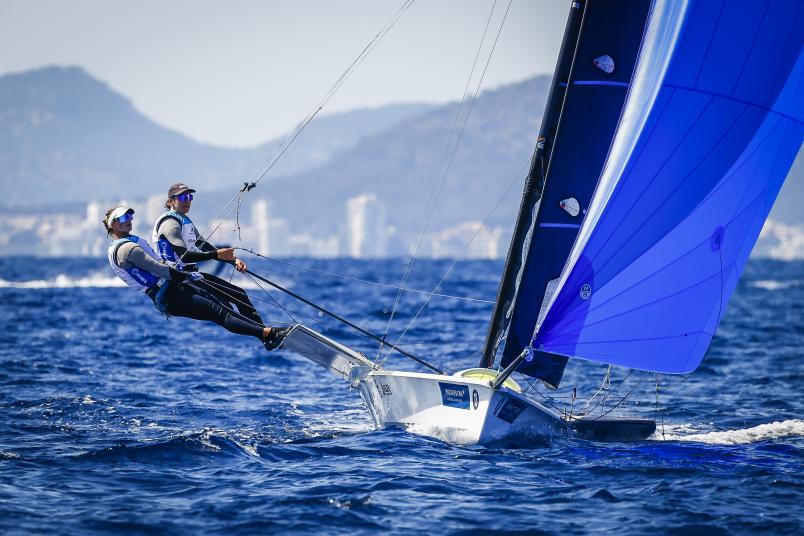
Ten Have won bronze in Palma, with Armit finishing fourth in the men's competition at the same event before securing a seventh place at the European championships in Greece in May.
Kitchen finished just outside the top-20 at both qualifying events - but was desperately unlucky to only have seven completed races during the latter.
Walton-Keim made his comeback to competitive racing at the Allianz Regatta in Almere, Netherlands in May, after seven months on the sideline with a knee injury. He showed glimpses of his best, finishing near the front of the silver fleet and followed it up with a fifth place at the 30-board Formula Kite Grand Prix in Italy last month.
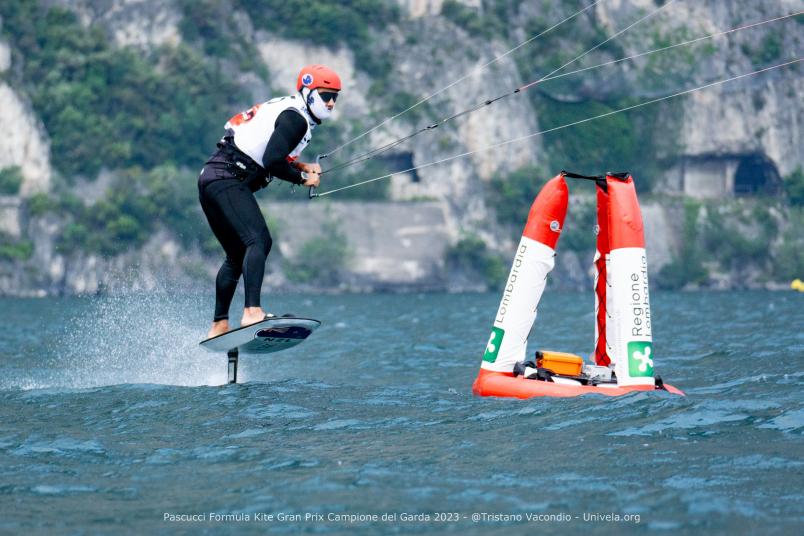
“When I lined up with the top guys, I was surprised that the knee didn’t affect me as much as I expected but that might have been partly because the rest of my body was protesting pretty hard and masked my symptoms," Walton-Keim said earlier.
Christie will compete in the ILCA 6 despite not meeting the selection criteria, as part of Yachting New Zealand's efforts to support and develop the class ahead of the Games.
"The test event is a super exciting opportunity for me, both to experience the Olympic venue and processes, as well as a key opportunity to bring together my work-ons from the past few months into a major event with the best in the world," Christie said.
"Since Hyères, I have done a lot of work on my starting accelerations, and downwind technique and am continuing to build confidence in my overall decision-making. Of course, it's all a work in progress but I'm looking forward to putting the gains I have made to the test under pressure in this event."
What is the racing schedule?
9 to 14 July: Men's and women's kitefoil (16 races + medal series).
9 to 15 July: ILCA 6, ILCA 7 (10 races + medal race)
11 to 16 July: 49er, 49er FX and Nacra 17 (12 races + medal race); men's and women's windfoil (19 races + medal series).
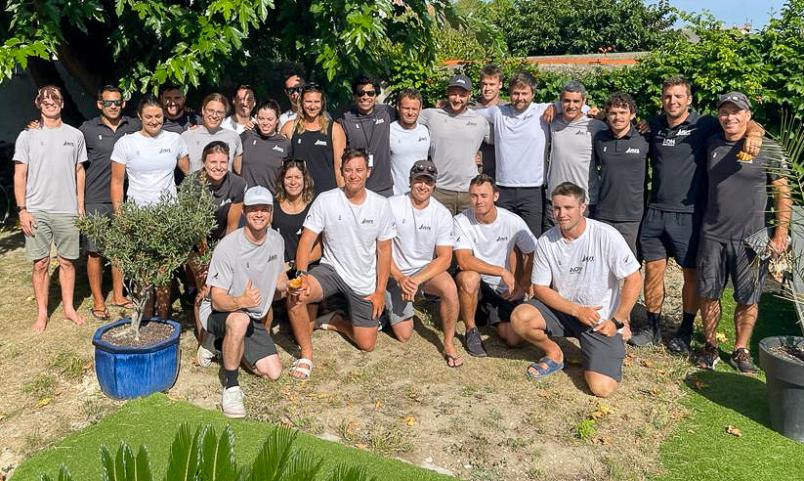
How can I follow the action?
Yachting New Zealand will have daily results, reaction, pictures and video of all the racing on its website and across Facebook and Instagram. You can also keep an eye on the mainstream media for coverage.
For more information and updates, visit the Olympic test event website here.
